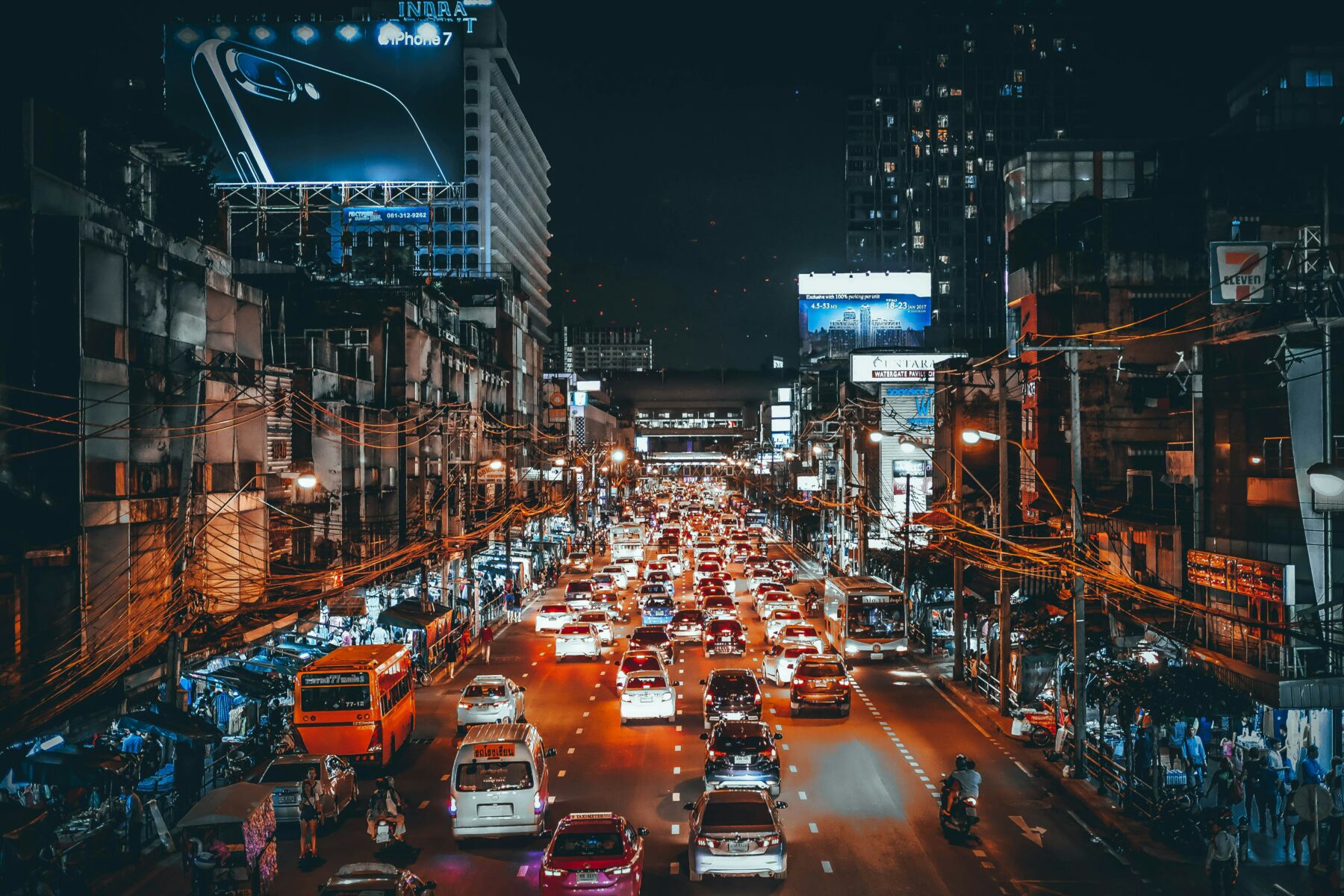People’s Party challenges congestion fees, urges investment in public transport

The People’s Party (PP) is challenging the government’s proposal to introduce traffic congestion fees, advocating instead for the development of a comprehensive public transport network to alleviate urban crowding.
Surachet Praweewongwut, a list-MP for PP, argued that while congestion charges might help ease traffic, the current feeder system is insufficient to persuade people to switch from private cars to public transport.
Many commuters already face multiple expenses, paying not only for electric train fares but also for motorcycle taxis to reach train stations.
Public buses, another primary mode of transport, are unreliable and of poor quality, he added, noting that water transport options are also limited.
Surachet highlighted the lack of coordination between the electric train and public bus systems, leading to inefficiencies. “The government focuses on subsidising electric train fares, which are mainly used by middle-income earners, while lower-income commuters depend on public buses. I think the government has its priorities wrong.”
Without improvements to both electric train and public bus services to offer reliable alternatives, collecting congestion fees will bleed dry those who have no choice but to use private vehicles, Surachet warned.
Congestion fee
He also called for a restructuring of public transport fares, proposing they should start at 8 baht (US$0.24) and not exceed 45 baht (US$1.34) per trip, regardless of the transport mode.
Surachet suggested that integrated fare structures for different electric train lines need revision, prioritising commuter benefits over operator interests. For instance, travelling 10 stations on the Green Line should cost the same as travelling five stations on the Green Line, three on the Blue Line, and two on the Yellow Line, covering a total of 10 stations.
Furthermore, the government should assess which routes are best served by electric trains and which by buses, leading to better integration of bus networks with train systems.
Surachet expressed concerns that buying back the electric train systems would benefit concession holders rather than the general public.
Suphanat Meenchainan, another PP MP for Bangkok, echoed these sentiments, suggesting that the government may have misplaced priorities. “It’s not that people don’t want to use the electric trains. Many find it inconvenient because they don’t live near major roads served by trains or buses.”
Suphanat argued that urban planning needs to address overcrowding, which exacerbates traffic congestion. Additionally, the government lacks mechanisms to incentivise operators to relocate outside inner-city areas, reported Bangkok Post.
“The government must clarify its objectives — whether it’s to ease traffic congestion or subsidise fares. If the aim is to reduce traffic, it may fail because people lack alternatives. The funds from congestion fees would be better spent on expanding the transport network, particularly the bus system.”
Latest Thailand News
Follow The Thaiger on Google News:


























